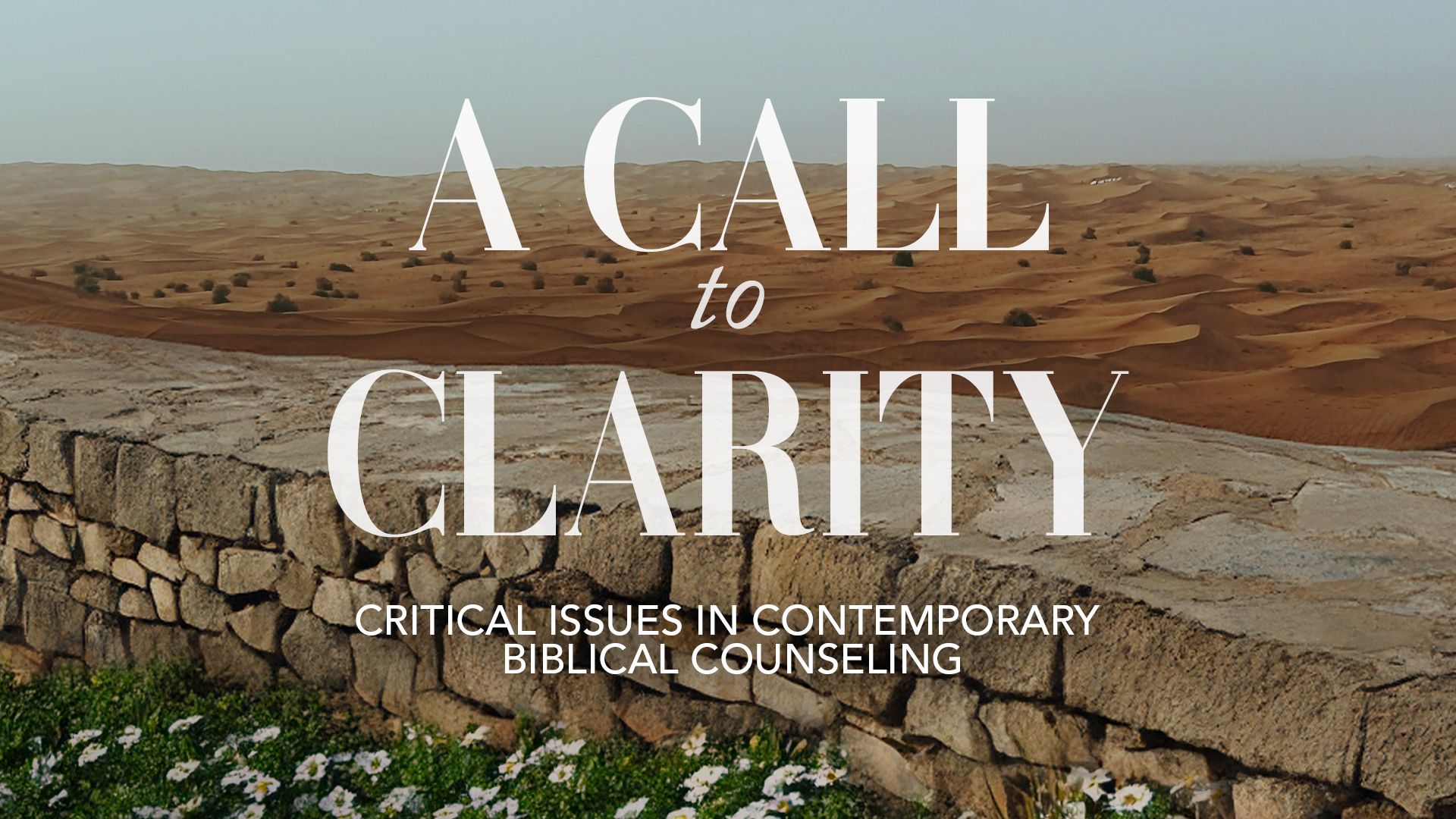Going to War Against Temptation
Written by Ryan Trzeciak on . Posted in First Thoughts.
The Moral Case for Trump
Written by Heath Lambert on . Posted in First Thoughts.
Reformation Day: Celebrating the Light of the Gospel
Written by Richard Lucas on . Posted in First Thoughts.
Five Questions to Improve Your Conflict
Written by Heath Lambert on . Posted in First Thoughts.
Zombie Stickers, Biblical Counseling, and Thinking Like a Christian
Written by Heath Lambert on . Posted in First Thoughts.
Psychological Charlatans and Common Grace
Written by Austin Collins on . Posted in First Thoughts.
A Call to Clarity in Contemporary Biblical Counseling
Written by Heath Lambert on . Posted in First Thoughts.
Steve Lawson, Pastoral Purity, and The Exposure of Ministry Sin
Written by Heath Lambert on . Posted in First Thoughts.
The Reality and Horrors of Hell
Written by Richard Lucas on . Posted in First Thoughts.










